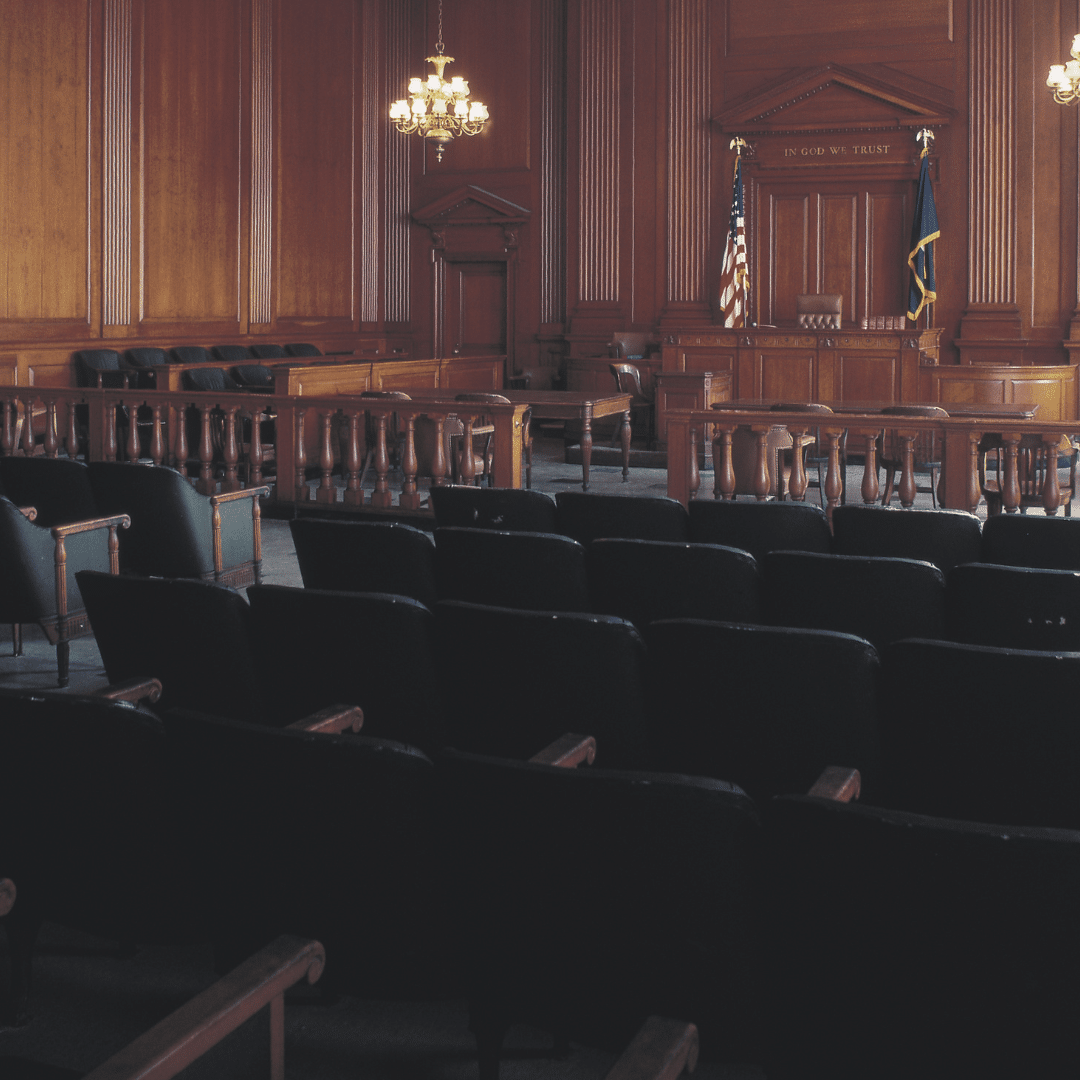
As a Dallas criminal defense attorney, I’ve witnessed firsthand the anxiety and uncertainty that people face when entering (or even thinking about entering) a courtroom.
In this blog post, we aim to demystify the courtroom experience, offering insights into the key stages of criminal proceedings and providing valuable information to empower those who will be in a courtroom as part of their proceeding. From arrest to resolution, let’s shed light on the process and guide you through the journey of a criminal case.
The Arrest and Initial Appearance:
The journey begins with the arrest. Police officers should always tell you that you have a right to remain silent and that you have the right to an attorney. You should absolutely exercise these rights by politely not answering questions telling the police that you’d like to talk to a lawyer first. Knowing what to say and do can significantly impact the trajectory of your case.
Arraignment:
At the arraignment, you’ll formally hear the charges against you. The judge will set a bond amount in the case. Bond is the money that must be posted in order for you to get out of jail while the criminal charge is pending. In most counties in Texas, arraignment is something that happens in a courtroom inside the jail. Usually (in Dallas, for instance), attorneys are not even present. For more information on this, visit our blog: Dallas Plea Bargains, How They Work
Court Settings:
Once your case is filed and assigned to a court, it will eventually get a first court date. Frustratingly, sometimes the wait between arrest and a first court setting can be months (sometimes many months!). Once you have a court setting, this is when the prosecutor must provide your attorney the evidence against. Your attorney should review the evidence with you so you understand exactly how strong or weak the case against you is. During these court settings (there can be several court settings during this stage), your attorney and the prosecutor will discuss possible resolutions to your case. This is called plea negotiation. The prosecutor will usually make some offer (if you plead guilty they will offer a certain sentence). Your attorney should communicate any and all plea offers to you and go over the pros and cons of each offer so you can make an educated decision.
The Trial:
If your attorney cannot come to some agreed resolution with the prosecutor, the case will go to trial. A trial is when the prosecutor presents their evidence to a jury (of 6 in a misdemeanor, of 12 in a felony) in an attempt to convince the jury beyond a reasonable doubt of your guilt. Trial begins with jury selection, then opening statement, then the state’s evidence. After the state’s evidence, your attorney has an opportunity to present evidence. After both sides are done presenting evidence, both sides make closing arguments and the jury then deliberates.
Sentencing:
For those found guilty, sentencing becomes a crucial phase. At the Offices of Mike Howard, we’ll always explore the factors considered during sentencing and potential penalties. We’ll always work towards getting you the best outcome possible and we will continue to fight until we explore all of our options.
The Importance of Legal Representation:
From protecting your rights during arrest to crafting a compelling defense strategy, the guidance of an experienced professional can make a substantial difference in the outcome of your case. You can check out more about how criminal defense attorneys can help here.
Facing criminal charges can be incredibly overwhelming, but you are not without options. You’re not a list of charges. You’re a person who deserves justice. Attorney Mike Howard knows where you’re coming from and fights for you.
Dallas Criminal Defense Lawyer Mike Howard tackles each case with a focus on the client’s needs and extensive experience in navigating trials and plea negotiations. Following the anxiety of an arrest, it is essential to seek out a committed attorney who not only hears your concerns but also advocates for you regardless of your decision.
Contact Dallas criminal defense attorney Mike Howard today at (214) 296-2221 to schedule an initial 30-minute consultation.
View All Blogs




